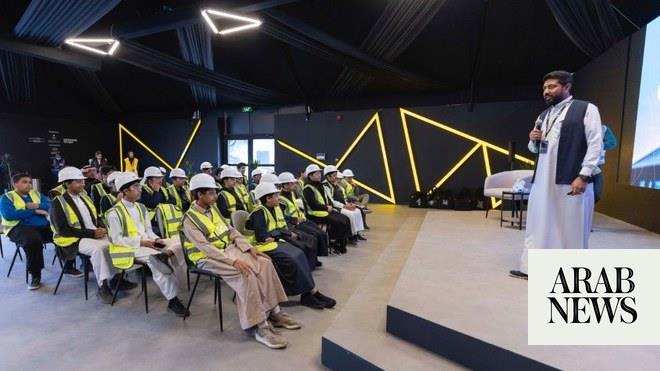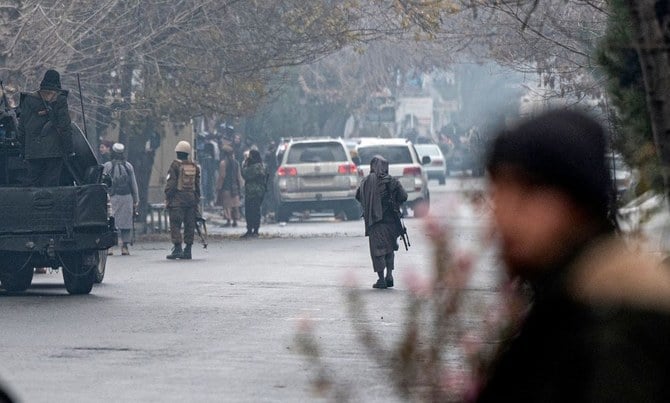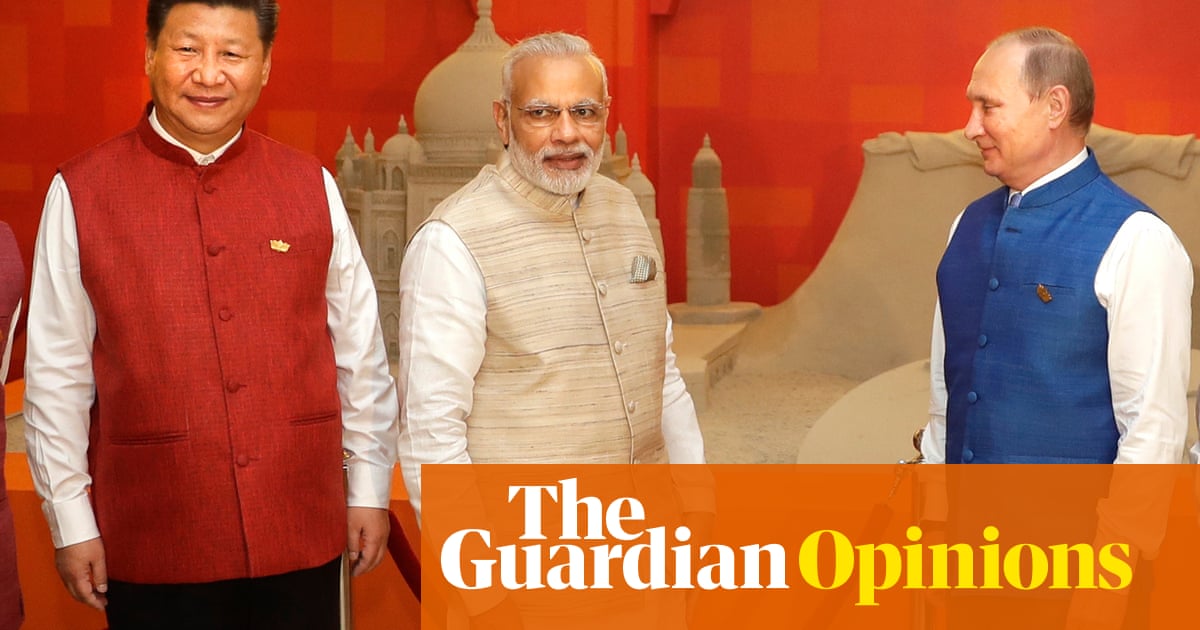
US Secretary of State Mike Pompeo’s speech on Monday was the first clear and detailed articulation of US policy toward Iran. GCC countries were quick to endorse the new policy because it is in line with what they had advocated for some time — that the nuclear deal has contributed to the region’s increasing instability, while failing to achieve its intended purpose of countering nuclear proliferation.
Pompeo’s list of 12 demands summed up not only US concerns but also those of GCC countries, and they should be what every country demands of Iran.
Regarding Iran’s nuclear program, Pompeo said that it must declare to the International Atomic Energy Agency a full account of the prior military dimensions of its nuclear program, and permanently and verifiably abandon such work in perpetuity. It must stop enrichment and never pursue plutonium reprocessing; this includes closing its heavy water reactor. Iran must also provide the IAEA with unqualified access to all sites throughout the entire country.
The US and the GCC have also demanded that Iran must end its proliferation of ballistic missiles and halt further launching or development of nuclear-capable missile systems.
Iran has consistently used terrorism as a tool to spread its influence at the expense of local populations. If it wants to be accepted as part of the community of nations, Iran must end its support to all terrorist groups, including Hezbollah and other violent sectarian groups. It must end its support for Al-Qaeda and cease harboring senior Al-Qaeda leaders, and end its support for all terrorists and militant partners around the world.
Regionally, Iran has used military intervention, directly and through proxies, to further its meddling in the internal affairs of its neighbors. That must end. Iran should withdraw all forces under its command throughout the entirety of Syria. It must end its military support for the Houthi militia in Yemen and work toward a peaceful political settlement. In Afghanistan, Iran must end its support for the Taliban, Al-Qaeda and other terrorist groups.
To allow Iraq to return to peace and stability after the defeat of Daesh, Iran must respect the sovereignty of the Iraqi government and permit the disarming, demobilization and reintegration of sectarian militias into Iraqi society.
Finally, Iran must end its threatening behavior against its neighbors and end, once and for all, threats to international shipping and destructive cyberattacks.
In the strategy Pompeo laid out, he sought the support of regional and international partners, saying: “I want the Australians, the Bahrainis, the Egyptians, the Indians, the Japanese, the Jordanians, the Kuwaitis, the Omanis, the Qataris, the Saudi Arabians, South Korea, the UAE, and many, many others worldwide to join in this effort against the Islamic Republic of Iran.”
The global campaign against Daesh succeeded because of its wide support. Countering Iran will need a similar approach.
Dr. Abdel Aziz Aluwaisheg
He continued: “I know that those countries share the same goals. They understand the challenge the same way that America does. Indeed, we welcome any nation which is sick and tired of the nuclear threats, the terrorism, the missile proliferation, and the brutality of a regime which is at odds with world peace; a country that continues to inflict chaos on innocent people.”
GCC countries were among the first to respond to President Donald Trump’s call to counter Iran, as they imposed joint US-GCC sanctions against Iran’s proxies. The Terrorist Financing Targeting Center met in Kuwait on May 16 and announced new sanctions against Hezbollah’s leadership and supporters. The center was set up at the GCC-US summit in May last year and includes in its membership the US, Saudi Arabia, Bahrain, Kuwait, Oman, Qatar, and the UAE. In addition to sanctioning Hezbollah chief Hassan Nasrallah, his deputy and three other leaders, TFTC partners sanctioned several of Hezbollah’s financial supporters.
At the same time, the US Treasury Department sanctioned the Central Bank of Iran and its chief, Valiollah Seif, for secretly sending millions of dollars to Hezbollah and supporting other Islamic Revolutionary Guard Corps terrorist activities outside Iran. The US Treasury also announced that it had broken up a money laundering scheme, with help from the UAE, that provided millions of dollars to the IRGC’s foreign operations.
With the new tough stand taken by the US and GCC countries, international companies planning on working in Iran are thinking twice, while firms that had already committed themselves to invest there are looking for a way out. In one example, the French energy conglomerate Total announced that it was pulling out of a deal to help Iran develop the South Pars gas field, unless it “is granted a specific project waiver by US authorities with the support of the French and European authorities.”
However, more concerted US-GCC efforts are needed if the sanctions against Iran are to work quickly. Russian companies are going to try to take advantage of the US companies’ withdrawal from Iran, but their capacity to do major work there is limited without funding from the Iranian government. Chinese firms will try to do the same, but have to tread carefully to protect their American markets, because they could face sanctions through the American financial system.
European countries represent a more formidable challenge to the new US policy on Iran. While acknowledging concerns about Iran’s ballistic missiles, support for terrorism and other destabilizing activities, they would like to preserve the nuclear deal. The Europeans would especially like their companies to trade with and invest in Iran. The EU bureaucracy is hard at work helping European businesses cope with the new environment, and is threatening legal action to shield their companies from US sanctions.
For the US’ newly toughened stand against Iran to succeed in the short run, closer GCC-US coordination is needed — politically, economically and in the security area. Further, the base of support for the new policy needs to be expanded to include all like-minded countries. The global campaign against Daesh succeeded because of its wide support; more than 70 countries joined the military campaign and many more supported the effort. Countering Iran will need a similar approach.
• Dr. Abdel Aziz Aluwaisheg is the GCC Assistant Secretary-General for Political Affairs and Negotiation, and a columnist for Arab News. The views expressed in this piece are personal and do not necessarily represent GCC views.
Twitter: @abuhamad1












